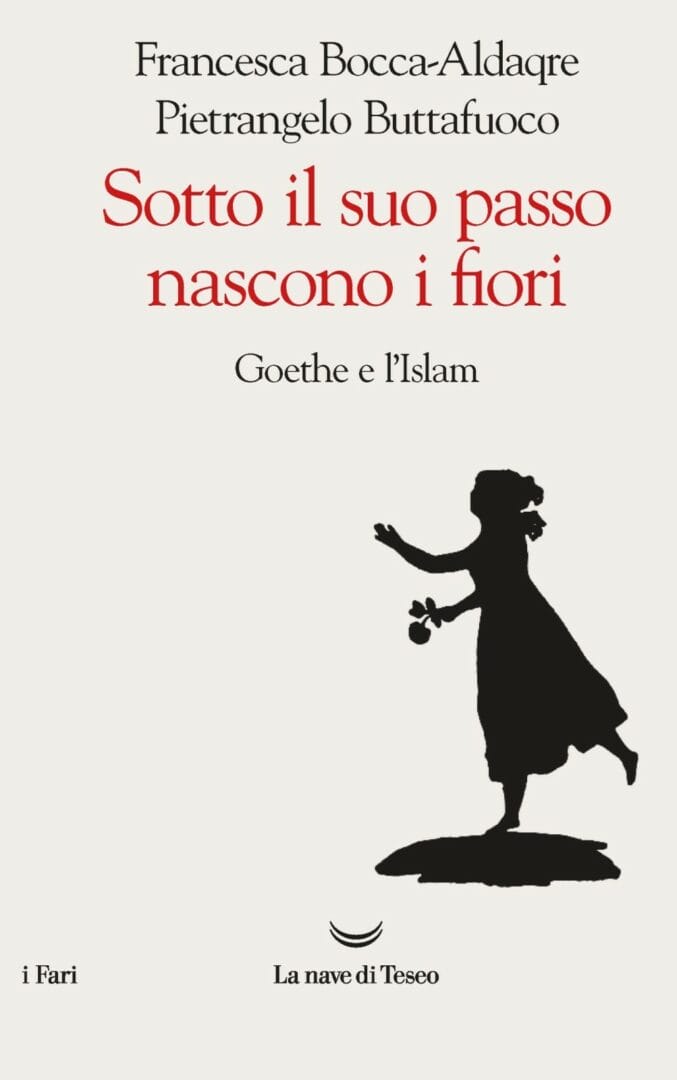Sotto il suo passo nascono i fiori

When, at the point of death, Goethe moved his index finger from bottom to top, the witnesses who were close to him were surprised: for centuries this gesture remained emblematic and inexplicable.
Today, thanks to the evocative reconstruction by Pietrangelo Buttafuoco and Francesca Bocca-Aldaqre, we can grasp its meaning: it is a symbolic gesture of shahāda, the testimony of faith that every Muslim must make at the point of death to reaffirm his belief in the one God. Through long and thorough research in Goethe's archives and epistolaries, following the testimonies of those who were closest to him, the authors recount the great German writer's discovery and approach to Islam, tracing its influence in his poetic, theatrical and essayistic work. An influence experienced, however, in an extremely peculiar and entirely topical way, and which testifies to Goethe's ability to fuse in his reflection philosophical and religious elements belonging to Western as well as Arab and Middle Eastern traditions, thus shaping a coherent and vital thought.
Sotto il suo passo nascono i fiori offers the reader not only a reconstruction of Goethe's life-from his first reading of the Quran in 1770 to his death in 1832-and a study of his works most inspired by the Muslim religion, but also an opportunity to reflect on the suggestion of a European future linked to "an Islam mitigated by the skies of the Mediterranean," a horizon of peace toward which, according to the authors, the poet directed his deepest personal and intellectual tensions.